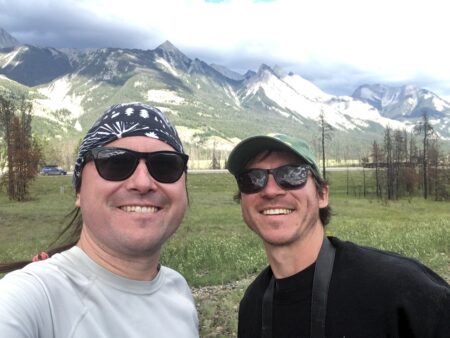Thought is an interior experience, not an interpersonal event. Thoughts innocently arise from our instincts for survival, security, and pleasure and are involuntary. They are the personal raw materials of the mind and, as such, are neither good nor bad. However, emotionally immature people judge your thinking to make sure you stay aligned with their beliefs.
…
It’s hard to be clear on your own position if you know your opinion could lead to your being reviled. Because EI parents need to feel like they are right about everything, they make you feel rejected if your thinking doesn’t match theirs. As an adult it’s self-defeating to accept others’ opinions instead of consulting your own mind. But EI parents teach you to do just that: they act like you’re being rebellious or selfish if you don’t consider them first in every step of your thought process. EI parents see free thought as disloyal. For EI parents everything is about how important, respected, and in control they feel. So, what happens if you have your own thoughts and opinions? They see you as disloyal. To the ‘all or nothing’ EIP’s mind, your differing opinion means you couldn’t possibly love or respect them, therefore you may have learned to hide your most honest thoughts from your thin-skinned EI parents.
Gibson, Lindsay C. Recovering from Emotionally Immature Parents: Practical Tools to Establish Boundaries & Reclaim Your Emotional Autonomy. New Harbinger Publications, 2019. Chapter 8: “Making Room for Your Own Mind”







